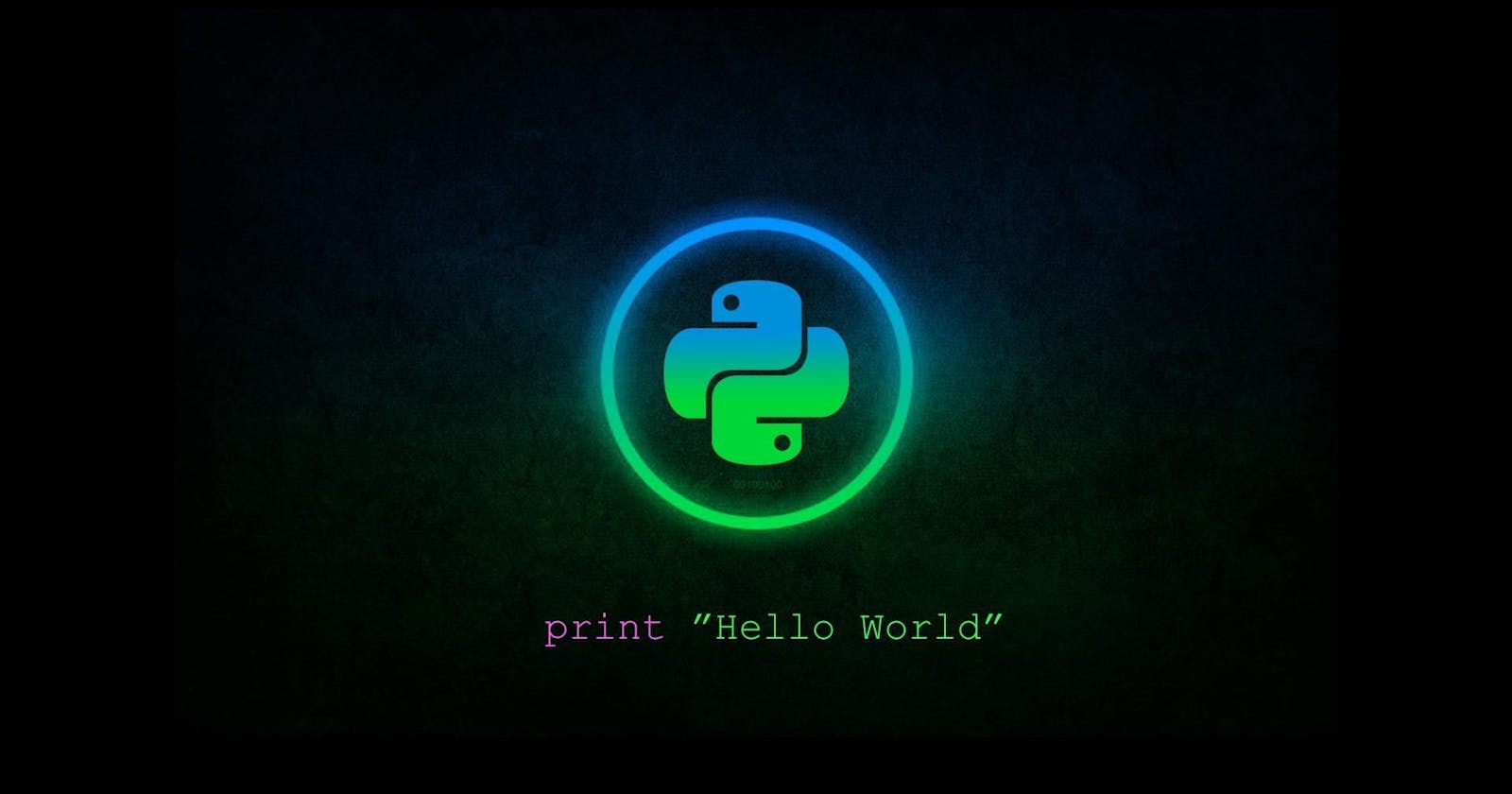Use of Shell Scripting
The primary purpose of shell scripting by DevOps engineers is to interact with Linux systems, because when you create an EC2 instance on AWS or a virtual machine on Azure, they are Linux based.
Why Python?
There are 2 reasons:
We said that most of the systems we interact with are Linux based, but we didn't said all systems. So to interact with machines which are not Linux based, we need Python Scripting. Shell scripts can't work on windows, but Python Scripts can work on both. We can also use Ansible.
Most important reason is that, whenever you want to write complex programs, want to do API interaction or data manipulation, Python Scripting wins over Shell Scripting. All these tasks can be done using Shell Scripts, but Python is used to achieve them in a much simpler way.
Shell Scripting vs. Python Scripting
Certainly! The choice between using shell scripting and Python in DevOps depends on the specific task or problem you're trying to solve. Both have their strengths and are suitable for different scenarios. Here are some guidelines to help you decide when to use each:
Use Shell Scripting When:
System Administration Tasks: Shell scripting is excellent for automating routine system administration tasks like managing files, directories, and processes. You can use shell scripts for tasks like starting/stopping services, managing users, and basic file manipulation.
Command Line Interactions: If your task primarily involves running command line tools and utilities, shell scripting can be more efficient. It's easy to call and control these utilities from a shell script.
Rapid Prototyping: If you need to quickly prototype a solution or perform one-off tasks, shell scripting is usually faster to write and execute. It's great for ad-hoc tasks.
Text Processing: Shell scripting is well-suited for tasks that involve text manipulation, such as parsing log files, searching and replacing text, or extracting data from text-based sources.
Environment Variables and Configuration: Shell scripts are useful for managing environment variables and configuring your system.
Use Python When:
Complex Logic: Python is a full-fledged programming language and is well-suited for tasks that involve complex logic, data structures, and algorithms. If your task requires extensive data manipulation, Python can be a more powerful choice.
Cross-Platform Compatibility: Python is more platform-independent than shell scripting, making it a better choice for tasks that need to run on different operating systems.
API Integration: Python has extensive libraries and modules for interacting with APIs, databases, and web services. If your task involves working with APIs, Python may be a better choice.
Reusable Code: If you plan to reuse your code or build larger applications, Python's structure and modularity make it easier to manage and maintain.
Error Handling: Python provides better error handling and debugging capabilities, which can be valuable in DevOps where reliability is crucial.
Advanced Data Processing: If your task involves advanced data processing, data analysis, or machine learning, Python's rich ecosystem of libraries (e.g., Pandas, NumPy, SciPy) makes it a more suitable choice.
What's next?
In the upcoming articles in this series, we will be diving dep into how python is used in DevOps and we will be making some cool projects.
Stay tuned.
